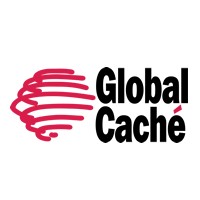
Global Caché
Global Caché is dedicated to producing state-of-the-art products that enable technology in homes and businesses. Our award-winning iTach, iTach Flex, and GC-100 Network Adapter provides the means for network-based automation and management software to access, control, and deliver services in a networked environment to diverse and previously unconnected devices and appliances. In addition, Global Caché provides an IR learner, winner of the prestigious CEPro Product of the Year award for IP-enabling, an IR blaster, sensors, receivers, and conversion cabling to connect previously unconnected systems to a network. Global Caché sells through distributors, VARs, and OEMs. For more information on Global Caché and our products and services or to place an order, visit online at www.globalcache.com or call us at 541-899-4800.






